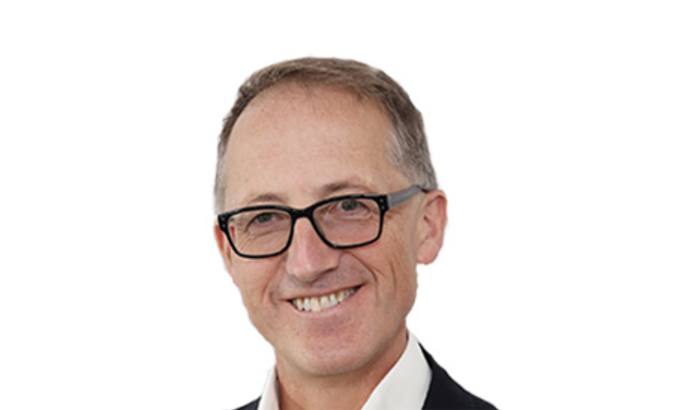
Crux’s Richard Pease has committed to “not going down the ‘let’s party’ route” despite the European Central Bank’s (ECB) expanded quantitative easing programme having boosted asset prices again this year.
Returns from cyclical European equity sectors such as industrials have outstripped those of their defensive peers in 2016 as investors take heart from the central bank’s commitment to boosting the eurozone economy. The ECB’s bond purchase programme, for example, has pushed down corporate bond yields to record lows, making it far easier for companies to borrow money.
Mr Pease, manager of the Crux European and European Special Situations funds, said signs of economic improvement have not tempted him into capitalising on this trend by buying companies that are more dependent on this backdrop.
“We have not gone down the ‘let’s party’ route at all in terms of balance sheets. And [as a company executive] you have got to be quite disciplined not to party at the moment.”
He added: “We don’t think our companies need the drugs as much as heavy cyclicals do.”
The manager may not be overly attracted by the ease with which companies can now borrow money, but he is hopeful of a pick-up in other types of corporate activity.
“I would worry if companies took me too seriously, but I would be asking for more bolt-on [deals]. These are not a big deal individually, but they make much more sense in today’s low interest rate world,” he said.
Mr Pease’s own financial activity has continued to focus on idiosyncratic stories during what he described as a “reasonably active” period for the fund in terms of turnover.
Companies he has added to his portfolios include IT services firm Tieto and Scandinavian outsourcer Atea.
Stocks the manager has disposed of this year, by contrast, include a pair of UK-listed firms. Chemicals company Elementis proved “a flop”, in part because of the lower oil price and the strong US dollar, while the upturn for industrials prompted Mr Pease to sell out of engineer Weir after a hefty rebound in its share price.
One cyclical sector that has struggled this year is financials. Banks’ aversion to negative rates of interest has been well documented, but Mr Pease continues to hold a number of these stocks in his fund.
Some are focused on Scandinavia, a region that has lived with negative interest rates for even longer than the eurozone due to the Danish and Swedish central bank decisions made in 2012 and 2015, respectively.
The manager said his holdings, such as Sweden’s Nordea, were not a “bête noire”, largely due to their continuing ability to pay dividends and widen the spread on their deposit bases.
Crux European Special Situations has returned 41.5 per cent over the past three years compared with a 25.4 per cent return for the IA Europe ex-UK sector, according to FE Analytics.





